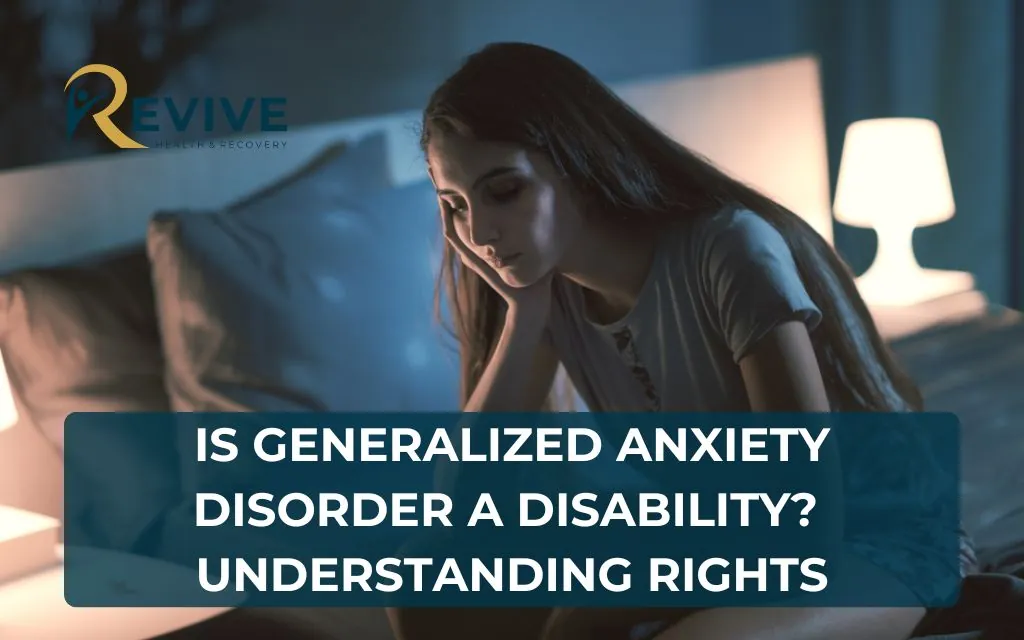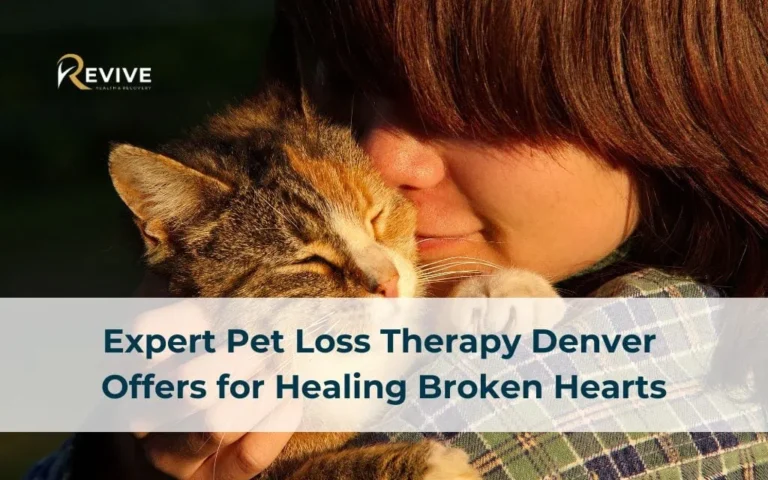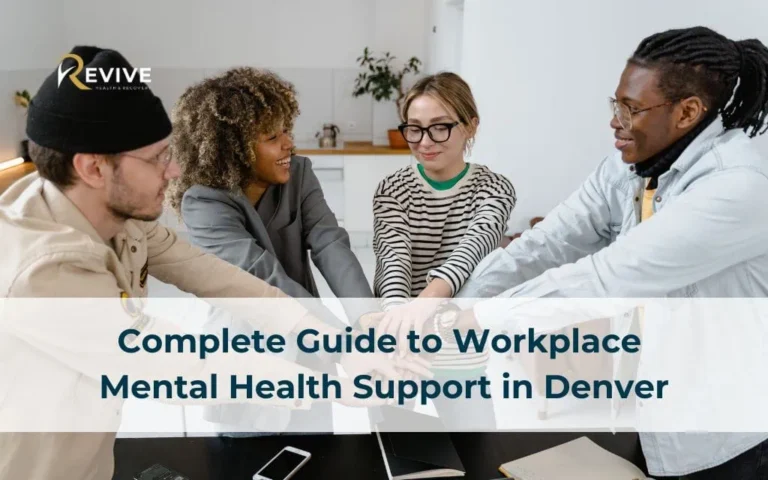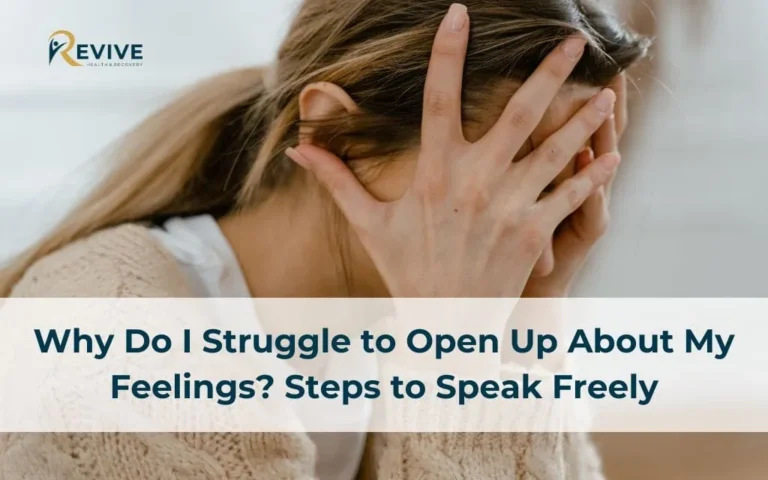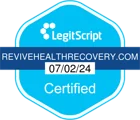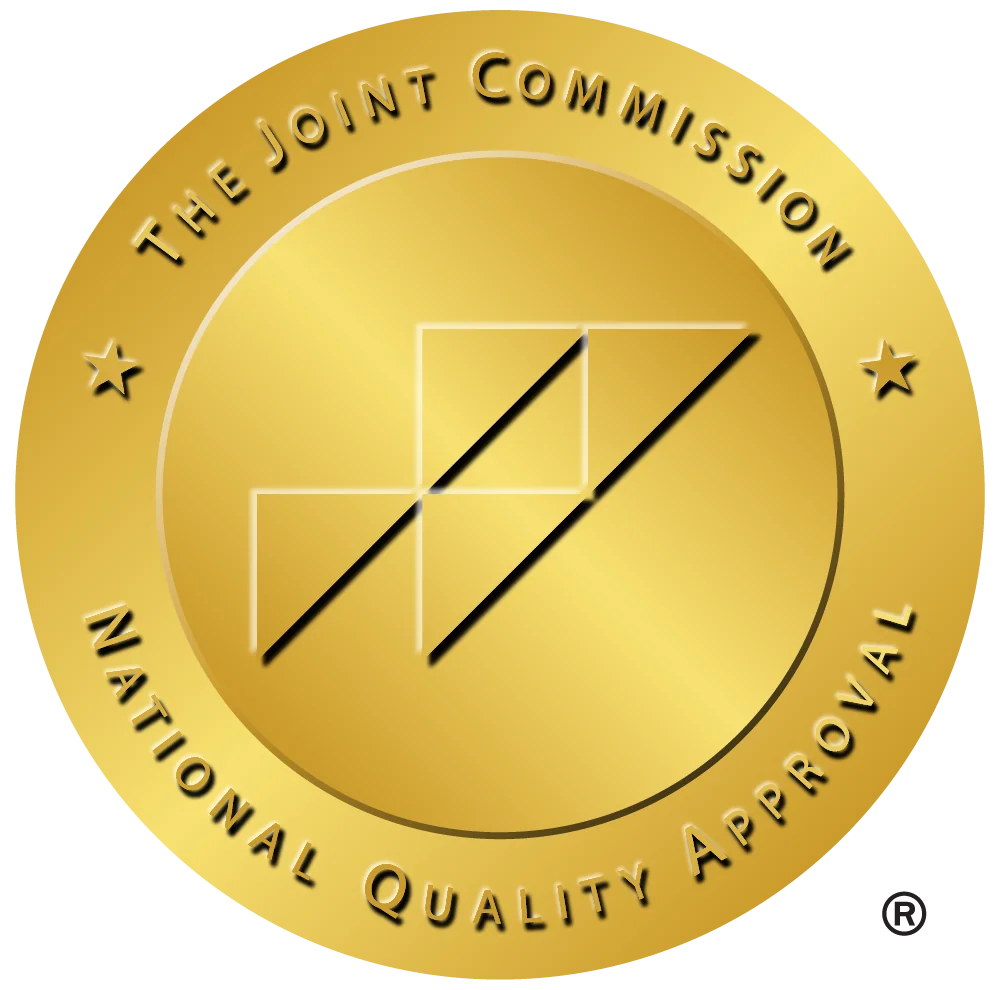Is Generalized Anxiety Disorder a Disability? Generalized Anxiety Disorder (GAD) is a mental health condition that affects millions of individuals worldwide, creating persistent worries, fears, and anxiety that impact daily functioning and quality of life. For many individuals, GAD can be a disabling condition, preventing them from fully participating in daily activities, maintaining employment, or even completing routine tasks due to constant, overwhelming anxiety.
In this article, we’ll explore whether GAD is legally recognized as a disability, what protections exist for individuals with GAD, and how to apply for disability benefits. We’ll also highlight Revive Health Recovery in Denver, a leading center for mental health support, and provide information on disability criteria, anxiety disorder treatment, legal protections, and practical steps for those seeking support.
Understanding Generalized Anxiety Disorder (GAD)
What is Generalized Anxiety Disorder?
Generalized Anxiety Disorder, often abbreviated as GAD, is a mental health condition marked by excessive, uncontrollable worry about various aspects of daily life. Unlike typical anxiety, which may be related to specific events or situations, GAD causes persistent anxiety that can last for months or years and is often disproportionate to actual events. Individuals with GAD frequently feel anxious, on edge, or overwhelmed, even without obvious reasons. This pervasive worry can significantly impact a person’s overall well-being, work, and relationships.

Symptoms and Diagnosis of GAD
To diagnose GAD, mental health professionals look for specific symptoms such as:
- Persistent worry about a variety of topics, lasting for six months or more.
- Physical symptoms like muscle tension, fatigue, irritability, and sleep disturbances.
- Difficulty concentrating or relaxing.
Diagnosis is typically made by a licensed mental health provider, who may also assess for related conditions such as depression or panic disorder.
Impact on Daily Life and Functioning
GAD can have profound effects on daily life, making it challenging to hold a job, maintain social relationships, or manage daily tasks. Persistent anxiety may prevent individuals from concentrating at work, cause frequent absences, or lead to a reduced capacity to engage in social activities. For those with severe symptoms, the condition may be debilitating, impacting their ability to live independently without assistance.
The Legal Definition of a Disability
What Does the ADA Say About Mental Health Disabilities?
The Americans with Disabilities Act (ADA) recognizes mental health conditions, including GAD, as potentially disabling if they limit major life activities. Under the ADA, individuals with GAD are protected from discrimination in employment, housing, and public accommodations if their condition substantially impairs their ability to function in daily life. However, not every case of GAD qualifies; the severity and impact on life activities are key factors.
Social Security Disability Criteria for Mental Health Conditions
The Social Security Administration (SSA) uses specific criteria to determine if GAD qualifies as a disability. The SSA assesses an individual’s ability to complete tasks, engage with others, and manage their emotions. Those who meet the SSA’s criteria may qualify for Social Security Disability Insurance (SSDI) or Supplemental Security Income (SSI), depending on the severity of their GAD and how it impairs their ability to work.
Legal Protection Under the ADA and SSDI
Individuals with GAD who meet the legal standards for disability are entitled to accommodations in the workplace and other settings. The ADA mandates that employers make reasonable accommodations, such as modified work schedules, remote work options, or increased flexibility. Similarly, the SSA provides financial support for those unable to work due to severe GAD, helping individuals access medical care and manage daily living expenses.

Can Generalized Anxiety Disorder Qualify as a Disability?
Medical and Functional Criteria for Disability Claims
To qualify for disability benefits, individuals with GAD must demonstrate how their condition impairs their ability to perform daily tasks. Medical evidence, such as psychiatric evaluations and treatment records, is essential. Functional criteria consider the extent to which GAD impacts personal care, social interactions, and the ability to focus or complete tasks. These criteria help assess whether GAD constitutes a “disability” in specific cases.
Case Studies and Examples of GAD Disability Claims
Many individuals with GAD have successfully received disability benefits. For instance, some applicants with persistent symptoms affecting their work have been able to secure SSDI. However, there are challenges. Each case is unique, and GAD’s symptoms vary widely. Examples of successful claims often involve individuals with documented evidence showing an inability to work due to severe anxiety.
Common Challenges in Getting Approved
Applying for disability benefits with GAD can be challenging. Claims are often denied due to insufficient medical evidence or lack of understanding of GAD’s impact on daily life. It is common for applicants to face skepticism about mental health conditions. Working with experienced mental health providers and legal professionals, such as the Revive Health Recovery team in Denver, can help strengthen claims.
Steps to Apply for Disability Benefits with GAD
Filing for Social Security Disability with Anxiety Disorders
To apply for SSDI or SSI with GAD, individuals must submit an application to the SSA. This includes medical records and documentation of daily challenges. It’s crucial to complete all forms accurately, providing detailed information on how GAD affects employment and daily tasks. The SSA may require additional medical evaluations to confirm the severity of symptoms.
Gathering Medical Documentation for Your Claim
Comprehensive medical records are key to a successful disability claim. These records should include a diagnosis of GAD, treatment history, and notes from a mental health provider describing how GAD affects daily functioning. In Denver, Revive Health Recovery offers diagnostic and treatment services that can help create the necessary documentation for disability applications.
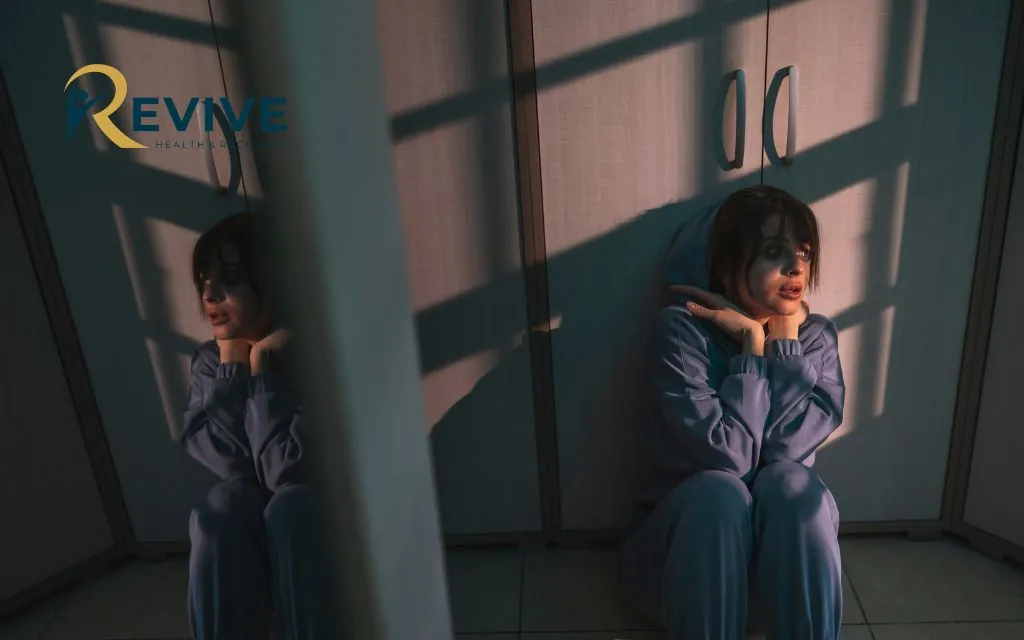
The Role of a Disability Attorney in the Process
Working with a disability attorney can be beneficial for individuals with GAD seeking benefits. Attorneys understand the application process and can help gather medical evidence, prepare for SSA evaluations, and appeal denied claims if necessary. Many individuals find that having legal representation increases their chances of a successful outcome.
Treatment for Generalized Anxiety Disorder in Denver
For those grappling with Generalized Anxiety Disorder (GAD) in Denver, the right treatment approach can be life-changing. Treatments for GAD are designed to help individuals manage symptoms, reduce the intensity of their anxiety, and regain control over their daily lives. Revive Health Recovery, a reputable treatment center in Denver, specializes in evidence-based, compassionate care for mental health disorders, offering a pathway to recovery for individuals affected by GAD.
Revive Health Recovery: A Leading Treatment Center in Denver
Revive Health Recovery has established itself as a leading provider of mental health treatment in Denver, focusing on comprehensive care for conditions like GAD. With a dedicated team of mental health professionals, including therapists, psychiatrists, and support staff, the center provides a nurturing environment where individuals can seek help without stigma or judgment. Revive Health Recovery understands the profound impact GAD can have on daily functioning and offers specialized services that address the unique challenges posed by anxiety disorders.
This Denver-based center tailors its approach to meet the needs of each client, understanding that GAD affects every person differently. By providing individualized care plans, Revive Health Recovery ensures that clients receive treatments best suited to their specific symptoms and life circumstances, whether they require intensive therapy, medication, or a combination of both.
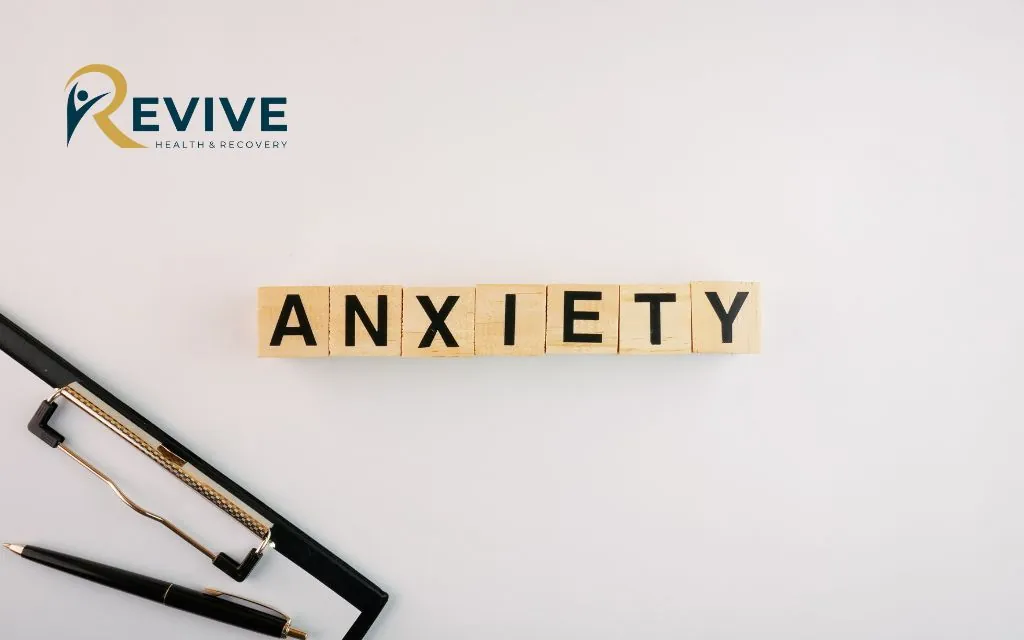
Approaches to Treating GAD at Revive Health Recovery
Revive Health Recovery employs a variety of treatment methods to address GAD, focusing on proven therapeutic approaches that promote both short-term relief and long-term recovery. Some key approaches include:
- Cognitive Behavioral Therapy (CBT): CBT is one of the most effective therapies for GAD, helping individuals identify and change negative thought patterns that lead to excessive worry. At Revive Health Recovery, CBT sessions focus on equipping clients with practical skills to manage anxiety triggers, cope with stress, and develop healthier thought patterns.
- Mindfulness-Based Stress Reduction (MBSR): This technique combines mindfulness practices with relaxation exercises to help clients become more present and less consumed by anxious thoughts. MBSR helps clients develop awareness of their thought processes, allowing them to reduce anxiety’s impact on their day-to-day lives.
- Exposure Therapy: In cases where GAD includes specific fears, exposure therapy gradually helps clients confront and overcome these fears in a controlled environment. This treatment approach is effective in desensitizing clients to anxiety-provoking situations, ultimately reducing their anxiety responses.
- Supportive Counseling and Group Therapy: Group sessions and supportive counseling allow clients to share their experiences with others facing similar challenges. Group therapy fosters a sense of community, helping clients feel understood and less isolated in their journey.
Integrating Therapy and Medication for Effective Recovery
For many individuals, an integrated approach that combines therapy and medication proves most effective in managing GAD. Revive Health Recovery offers a balanced treatment plan that includes both psychotherapy and medication, ensuring comprehensive support for recovery.
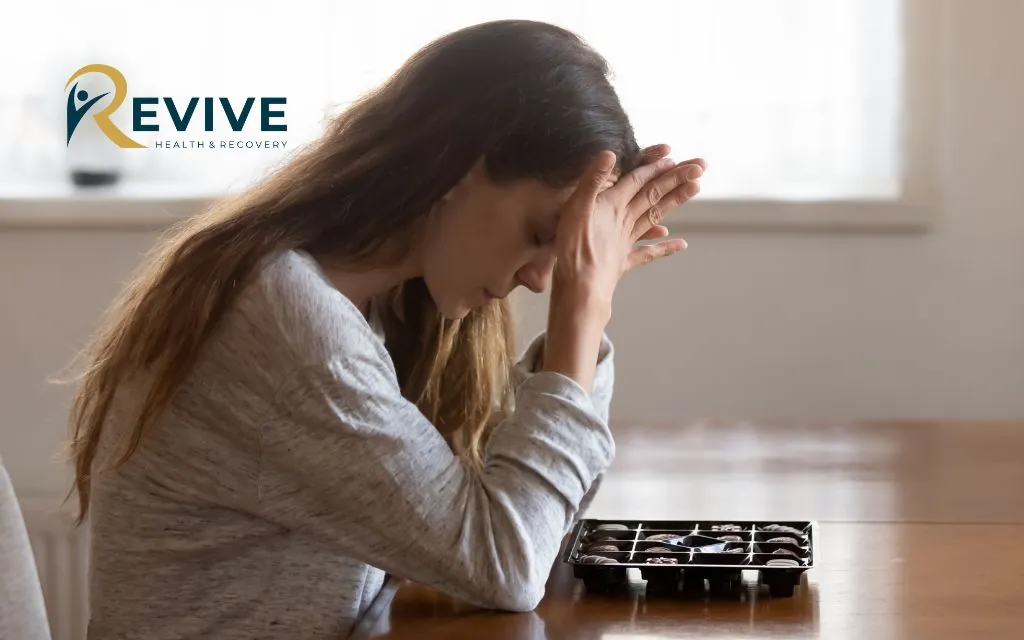
- Medication Management: Medications like SSRIs (Selective Serotonin Reuptake Inhibitors) and SNRIs (Serotonin and Norepinephrine Reuptake Inhibitors) are commonly used to treat GAD by balancing brain chemistry. These medications can help reduce anxiety symptoms and enable clients to engage more fully in therapy. Revive Health Recovery’s psychiatrists work closely with clients to monitor medication effects, adjusting doses as needed for optimal results.
- Therapy-Medication Synergy: When medication is combined with therapy, individuals often experience enhanced benefits. Medications can reduce severe symptoms, making it easier for clients to participate in therapeutic sessions and apply coping strategies. At Revive Health Recovery, the synergy between medication and therapy is carefully managed, allowing clients to address the root causes of their anxiety while experiencing symptom relief.
- Holistic Health Practices: In addition to traditional therapy and medication, Revive Health Recovery integrates holistic health practices into treatment plans. Techniques like yoga, breathing exercises, and lifestyle counseling are introduced to help clients build resilience and improve their overall well-being. These practices support the recovery process, helping clients establish routines that support mental health stability.
Conclusion
Determining whether Generalized Anxiety Disorder (GAD) qualifies as a disability depends on “Is Generalized Anxiety Disorder a Disability?” on various legal and medical criteria. For those struggling with severe anxiety, the condition may significantly impact daily life, warranting disability benefits. By understanding the criteria and gathering proper documentation, individuals can improve their chances of securing support. With specialized resources like Revive Health Recovery in Denver, individuals can receive both treatment and assistance with disability claims, helping them lead more manageable lives despite the challenges of GAD.
This article provides insights into the process of applying for disability benefits with GAD, covering legal rights, medical criteria, and practical steps to build a strong case. For those affected by GAD, knowing your rights and exploring available resources is essential for accessing the support you need.
Related posts:
- Understanding Generalized Anxiety Disorder and Treatment Options in Denver
- Understanding the ICD-10 Code for Generalized Anxiety Disorder
- Comprehensive Guide to Other Specified Anxiety Disorder Treatment
